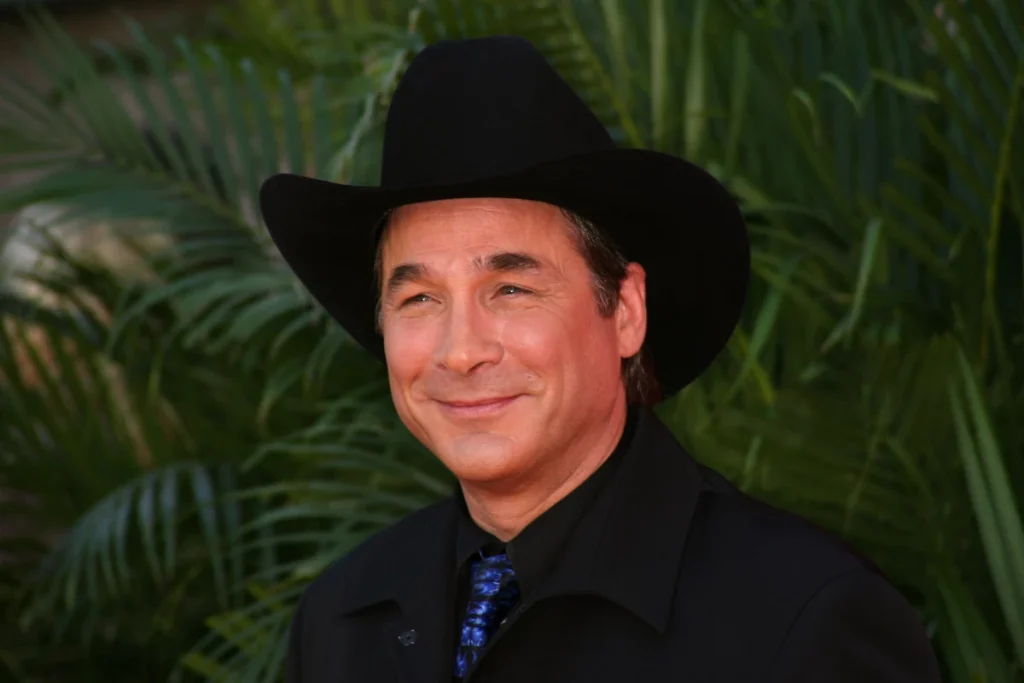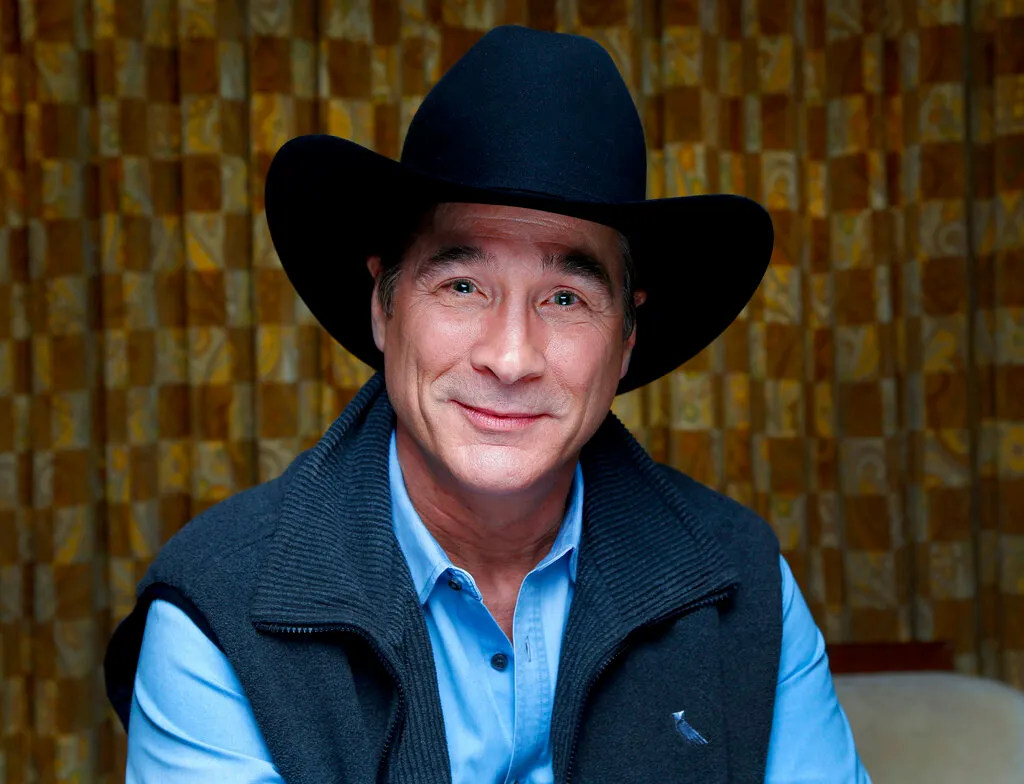“Better Man” by Clint Black stands as one of the defining tracks that propelled Black into country music stardom. Released in 1989 as his debut single, it was an immediate hit, reaching #1 on the Billboard Hot Country Songs chart, and marking the start of what would become a legendary career in country music. As the lead single from his critically acclaimed album Killin’ Time, the song introduced the world to Black’s smooth voice, introspective lyrics, and blend of traditional and contemporary country sound.

The strength of “Better Man” lies in its simplicity and emotional depth. It’s a breakup song, but not one filled with bitterness or regret. Instead, the narrator reflects on a past relationship with gratitude, acknowledging that though the love is over, he’s become a “better man” because of it. The song’s tone is one of acceptance and maturity, offering a refreshing take on heartbreak that focuses on personal growth rather than dwelling on the pain of loss.
One of the key lines that resonates deeply with listeners is: “I’m leaving here a better man, knowing you this way.” This sentiment captures the core message of the song—that relationships, even those that end, can leave lasting, positive effects on our lives. Instead of focusing on the hurt of a breakup, Black’s character finds peace in the knowledge that his former partner has made him stronger, wiser, and ultimately better. This perspective gives the song a sense of hope, which is perhaps one reason it connected so powerfully with audiences.
Musically, “Better Man” combines traditional country instrumentation with a modern polish that was characteristic of Black’s early work. The song’s steady, mid-tempo rhythm, accompanied by acoustic guitars and a subtle steel guitar, provides the perfect backdrop for Black’s clear and emotive vocals. There’s an understated elegance in the arrangement, which allows the lyrics to take center stage without overwhelming the listener with unnecessary production. Clint Black’s voice, both earnest and smooth, carries the emotional weight of the song effortlessly.
At the time of its release, “Better Man” was notable for its contrast to many of the more flashy or production-heavy country hits of the era. Black’s focus on traditional storytelling, paired with a clean and straightforward musical style, harkened back to the roots of country music while also appealing to a modern audience. This balance between the old and the new helped Black stand out as one of the most promising new artists of his time.
Lyrically, the song is rich with introspection. The narrator isn’t angry or heartbroken; instead, he recognizes the value of the relationship, even though it’s over. This maturity in the songwriting is what sets “Better Man” apart from many typical country breakup songs. Rather than focusing on the pain or longing for reconciliation, the song takes a more philosophical approach. The narrator understands that while the relationship didn’t last, it still had meaning and left a positive mark on his life.
The song’s success also lies in its relatability. Many people have experienced relationships that, while they didn’t work out, helped shape them in some way. The message that love, even when it ends, can make us better versions of ourselves is a universal theme, one that resonates deeply with listeners. It’s a sentiment that feels both comforting and optimistic, offering a sense of closure and peace rather than regret or sadness.
“Better Man” not only became a #1 hit but also played a crucial role in establishing Clint Black as a major force in country music. His blend of traditional and modern styles, combined with his ability to craft songs with emotional depth, set him apart from many of his peers. The success of “Better Man” was a key moment in the resurgence of traditional country music in the late ’80s and early ’90s, alongside other emerging artists like Garth Brooks and Alan Jackson.
For Clint Black, “Better Man” was more than just a hit single—it was a statement of intent. It showcased his songwriting talents, his vocal abilities, and his respect for the traditions of country music, all while demonstrating his ability to connect with a broad audience. The song helped pave the way for a career that would see Black become one of the most successful and respected artists in the genre.
In conclusion, “Better Man” is a timeless country classic, a song that stands out not just for its chart-topping success, but for its message of growth and self-reflection. Clint Black’s thoughtful lyrics and earnest delivery make this song a standout in his catalog, and its enduring popularity is a testament to the universal appeal of its message. With “Better Man”, Black gave the world a song that speaks to the heart, offering a mature and hopeful perspective on love and loss.
What do you say when it’s over?
I don’t know if I should say anything at all
One day we’re rollin’ in the clover
Next thing you know we take the fall
Still, I think about the years since I first met you
And the way it might have been without you here
And I don’t know if words from me can still upset you
But I’ve just gotta make this memory stand clear
I know I’m leavin’ here a better man
For knowin’ you this way
Things I couldn’t do before, now I think I can
And I’m leavin’ here a better man
I guess I always knew I couldn’t hold you
But I’d never be the one to set you free
Just like some old nursery rhyme your mama told you
You still believe in some old “meant to be”
Still, I’m leavin’ here a better man
For knowin’ you this way
Things I couldn’t do before now I think I can
And I’m leavin’ here a better man
Yes, I’m leavin’ here a better man
For knowin’ you this way
Things I couldn’t do before now I know I can
And I’m leavin’ here a better man
Yes, I’m leavin’ here a better man
